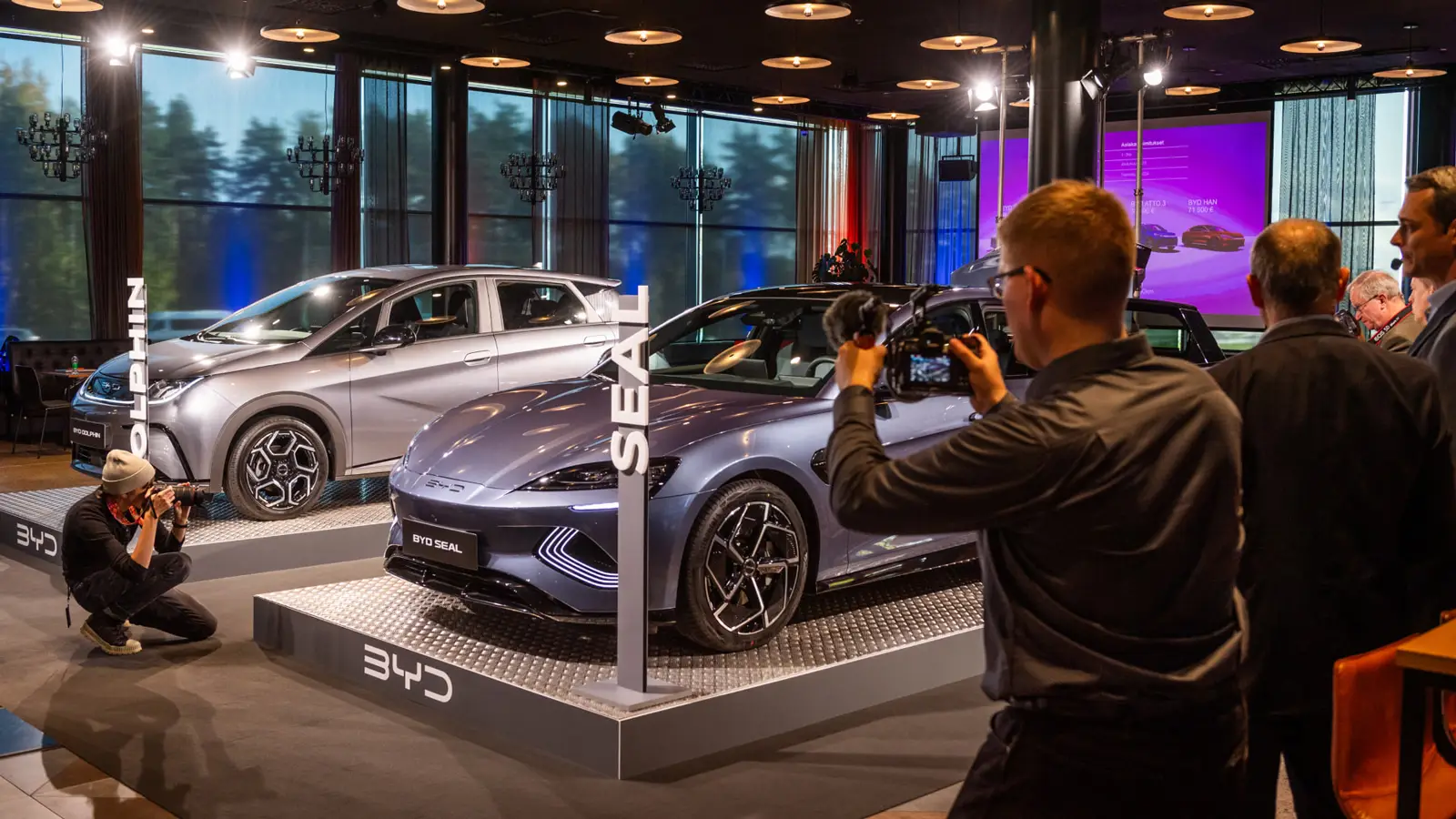News
BYD Holds Off on U.S. Entry, Focuses on Global Growth Amid Market Complexity

BYD, China's EV leader, opts against entering the U.S. market for now, focusing on expansions in Australia, Brazil, Europe, and local markets.
China’s fastest-rising carmaker, BYD, has indicated that it currently has no plans to enter the United States market. This information comes amid concerns in the U.S. auto industry about Chinese carmakers establishing factories in Mexico, potentially as a strategy to circumvent U.S. tariffs. However, the industry can temporarily lower its alarm levels as BYD’s executive vice president, Stella Li, communicated that the company’s immediate strategy does not include penetrating the U.S. market.
BYD has gained international attention by surpassing Tesla in EV sales volume towards the end of 2023, primarily focusing its sales within China. Despite this, the company is actively looking to expand its market reach to other countries, including Australia, Brazil, and Europe. The establishment of factories in Mexico by Chinese carmakers, including BYD, has been seen as a move to benefit from lower labor costs and to avoid U.S. tariffs. Nonetheless, Li clarified that BYD’s interest in Mexico is primarily for serving the local market and not for manufacturing vehicles to export to the U.S.
The possibility of Chinese car manufacturers setting up close to the U.S. has prompted the White House to consider additional regulations on top of the existing tariffs, with Congress debating further increases. Proposals have been made to restrict the origins of electronics in connected vehicles due to surveillance concerns.
The global auto industry is observing China’s automotive rise with apprehension, drawing parallels with the historical ascents of Japan and Korea’s auto industries. Tesla’s CEO, Elon Musk, has expressed concern over Chinese carmakers potentially overshadowing Western auto manufacturers, while the Alliance for American Manufacturing has labeled China as an «existential threat." In response, some companies, like Ford, are accelerating the development of competitively priced EVs to challenge this emerging competition.
Li suggested that the reactions from the U.S. auto industry might be somewhat exaggerated, emphasizing that protectionist measures are unlikely to benefit any company. She argued that success in China’s highly competitive market could translate to success internationally, questioning why a company successful in China would not be able to replicate its achievements in other markets.
Dave Mulder
2024, Feb 29 00:59